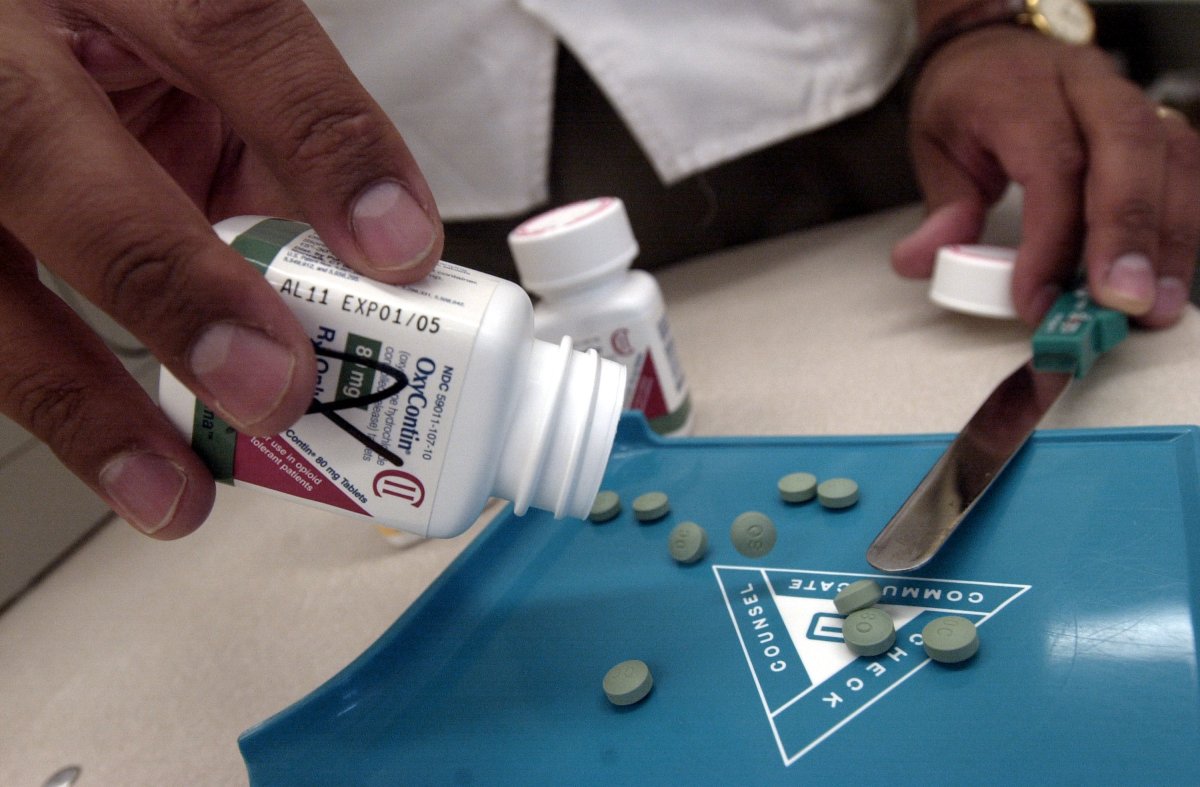Purdue Pharmaceuticals markets a long-acting, non-tamper resistant opioid in Canada but argues that another long-acting, non-tamper resistant opioid in the U.S. is too dangerous to approve.

In an 80-page submission to the U.S. Food and Drug Administration last July – quoting Ontario Health Minister Deb Matthews, among several others – Purdue argued that allowing generic versions of OxyContin on the market without tamper-proofing mechanisms “would have a number of detrimental effects and would be flatly inconsistent with the Agency’s mission to promote and protect the public health.”
At the same time, Purdue’s Hydromorph Contin, whose active ingredient is almost three times more potent, per milligram, than OxyContin’s, is becoming increasingly popular in Canada.
That seems strange to some. “People have criticized Purdue, saying that’s a hypocritical stance they’re taking, and I think you could see why people make those criticisms,” said Irfan Dhalla, a physician at St. Michael’s Hospital in Toronto. “I would like to see Purdue make Hydromorph Contin tamper-resistant, too.”
That doesn’t seem to be the plan.
“Purdue Canada is committed to reformulating and replacing its other older opioids products,” read an e-mailed statement attributed to spokesman Randy Steffan.
“At this time, however, we are unable to provide you with specifics as it is confidential information.”
The drug has been in Canada in various forms since 1995, and doctors have been prescribing it with increasing frequency over the past few years. It now outpaces OxyContin’s replacement, OxyNEO, by a wide margin in most provinces. It isn’t available in the U.S.
“I would like to see Health Canada force them to” make it harder to abuse, Dhalla said. “Say, ‘All controlled-release and high-potency opioids have to be tamper-resistant.”
The association representing Canada’s pharmaceutical industry would be on board.
“Some prescription opioid pain-relievers now have special features designed to make the medications more difficult to abuse,” RX&D spokeswoman Isabelle Robillard said in an e-mail. “We believe that all such medications should be held to the same standard.”
As the expiration dates approached on Purdue’s OxyContin patents in Canada and the U.S., the company came out with a reformulated version – called OxyNEO in Canada – designed to be harder to crush, snort or inject.
As generic companies tried to get their own versions of OxyContin approved, Purdue argued these were unsafe because they, like original OxyContin, lack that abuse-resistant mechanism.





Comments